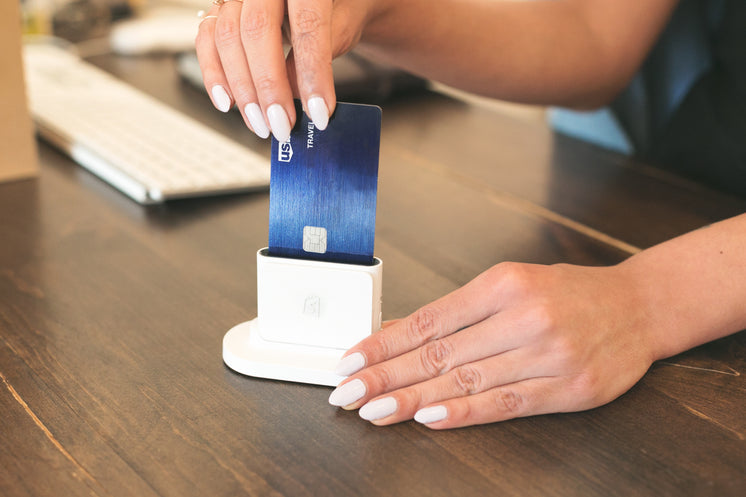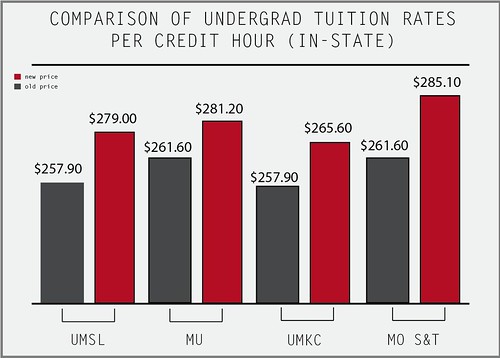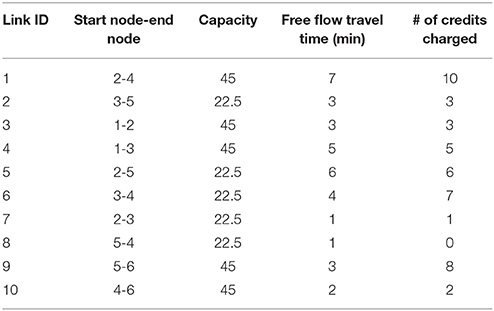Most of us pay bills — ranging from credit cards to loans, phones, and lines of credit. But if you don’t make timely payments, loan issuers would come for their possessions. Whenever a collection service makes attempts to regain the cash, it provides to a report as a collection. While paid collections have less effect on your score, outstanding collections may badly impact you. When one of your accounts gets regained by agencies, your score falls predicated on several factors. If you have a high score, you are going to lose more points than someone with few points, and also the converse is true. Missing a payment will make your loan issuer report it as»late payment» to the 3 bureaus. If you don’t restore your accounts from its bad state, you can experience a set. Once your account goes into collection, you will immediately see your credit rating dropping. Resolving a set is a painstaking process, hence making timely payments is always an ideal way.
Instead of checking your whole report, potential lenders use your credit score to judge you. Different lending companies use tailored strategies to look at credit scores for various consumers. Additionally, credit card companies also use tailored approaches when assessing a credit report. As soon as you have bad credit, lenders will not consider your loan applications. If your program gets powerful, you’re incur costly interest rates and charges. Therefore, tracking your financing would help keep you on top of those. Checking your credit rating often would provide you a very clear summary of your fiscal well-being. Since the three bureaus give free reports to customers every year, you should use it to your leverage. After retrieving your account, you should check the items that severely damage your own credit report. Before focusing on complicated items, start with working on straightforward elements. Since many credit repair companies offer closely-similar services, select the one which suits you. Having great financial habits and assessing your report often would help keep you on top of your finances.
One perplexing factor which most individuals wonder is if taking out a loan may damage their credit score. In brief, your credit score is dependent on the way you use your credit score . Credit calculation is usually a complex process, and loans may either increase or reduce your credit score. Having several delinquencies would always plummet your credit rating. Your credit report is a snap that creditors use to determine whether you are creditworthy. This fact could be counterintuitive as you will need a loan to build a positive payment history and report. Quite simply, if you didn’t have a loan previously, your success rate may be very minimal. That said, you’ll need a loan and a fantastic credit use ratio to qualify for one. If you have any kind of inquiries relating to exactly where as well as how to utilize Credit Rates, you’ll be able to e-mail us on our own web site. Complete payment history previously is a vital success factor when you apply for a new loan. On the contrary, your application would flop if you’ve got a history of defaulting. Taking out new loans may give you the opportunity to build your credit in case you’d damaged it. The debt volume accounts for more than 30% of your credit file, and you should pay much attention to it.
If you’ve encountered this situation for any reason, this checking account provides another shot. Second chance checking account work if you have been unsuccessful in your credit application previously. The bank would check your records against ChexSystems before approving your application. ChexSystems is an information centre to that most banks report poor credit use. If your records are in this database, then this means that your credit history isn’t comprehensive. Appearing about the ChexSystems database ensures that your odds of success are incredibly low. A few credit unions and banks offer second chance accounts that will assist you rebuild a good report. No doubt, you won’t locate the components of a normal checking account at a second chance account. Naturally, the next opportunity account has accompanying perks and disadvantages. Although you’ll certainly repair your own credit with them, they usually have high fees. Worse still, you can’t overdraw funds from the second chance checking accounts. The bright side of the account is that it is better than guaranteed credit cards or check-cashing.
Bankruptcies were designed by Federal Bankruptcy courts to offset enormous debts from customers. Declaring bankruptcy could cancel some debt, but you’ll undoubtedly suffer its long-term implications. You might have a temporary relief if you file for bankruptcy, but its effects may last for a couple of years. With insolvency, you won’t be able to negotiate for good quality loans or credit cards. In a glimpse, bankruptcy is unquestionably a process filled with lots of cumbersome legal hoops. Before filing, you’ll need to prove that you can not pay the loan and undergo counselling too. After counseling, you’ll decide on the bankruptcy group to file: either chapter 7 or chapter 13. As soon as you choose the bankruptcy to file, you’ll have to clear all associated legal fees. Avoiding bankruptcy is an perfect choice as you’ll lose much more than what you’ve got. Besides, it seriously damages your credit and affects how prospective creditors would see you.

 The FCRA provides the provision to eliminate any harmful element in your credit report. In essence, the responsible information center has to delete the data if it can’t verify it as legitimate. Since no entity is foolproof of making errors, credit data centers have some errors in customer reports. A detailed examination of American customers reveals that roughly 20% of them have errors in their own reports. Your credit report depends on your score, and also a bad score may seriously plummet your credit score. Your score dictates your creditworthiness in almost any credit card application of conventional loans. Several loan applicants have experienced an unsuccessful application due to a bad credit score. Having said that, you should operate to delete the harmful entries from your credit report. From delinquencies to bankruptcies, compensated collections, and queries, such components can impact you. Since damaging elements on a credit report can affect you, you need to try and eliminate them. Among the methods that operate with maximum efficacy is having a credit repair company to delete the products. Most customers demand a repair company whenever there are lots of legal hoops and technicalities to maneuver. Since credit fix can be a daunting process, we’ve compiled everything you want to learn here.
The FCRA provides the provision to eliminate any harmful element in your credit report. In essence, the responsible information center has to delete the data if it can’t verify it as legitimate. Since no entity is foolproof of making errors, credit data centers have some errors in customer reports. A detailed examination of American customers reveals that roughly 20% of them have errors in their own reports. Your credit report depends on your score, and also a bad score may seriously plummet your credit score. Your score dictates your creditworthiness in almost any credit card application of conventional loans. Several loan applicants have experienced an unsuccessful application due to a bad credit score. Having said that, you should operate to delete the harmful entries from your credit report. From delinquencies to bankruptcies, compensated collections, and queries, such components can impact you. Since damaging elements on a credit report can affect you, you need to try and eliminate them. Among the methods that operate with maximum efficacy is having a credit repair company to delete the products. Most customers demand a repair company whenever there are lots of legal hoops and technicalities to maneuver. Since credit fix can be a daunting process, we’ve compiled everything you want to learn here.

 Our invoices vary from credit card payments, mortgages, telephones, and utility payments. However, if you do not make timely payments, loan issuers would come for their belongings. Generally speaking, these attempts, also known as sets, can negatively affect your credit rating. At the latest FICO models, paid collections will not damage your score, but unpaid ones surely will. When one of your accounts gets regained by agencies, your score falls based on some factors. If you have a high score, then you’ll lose more points than somebody with few points, and
Our invoices vary from credit card payments, mortgages, telephones, and utility payments. However, if you do not make timely payments, loan issuers would come for their belongings. Generally speaking, these attempts, also known as sets, can negatively affect your credit rating. At the latest FICO models, paid collections will not damage your score, but unpaid ones surely will. When one of your accounts gets regained by agencies, your score falls based on some factors. If you have a high score, then you’ll lose more points than somebody with few points, and 







